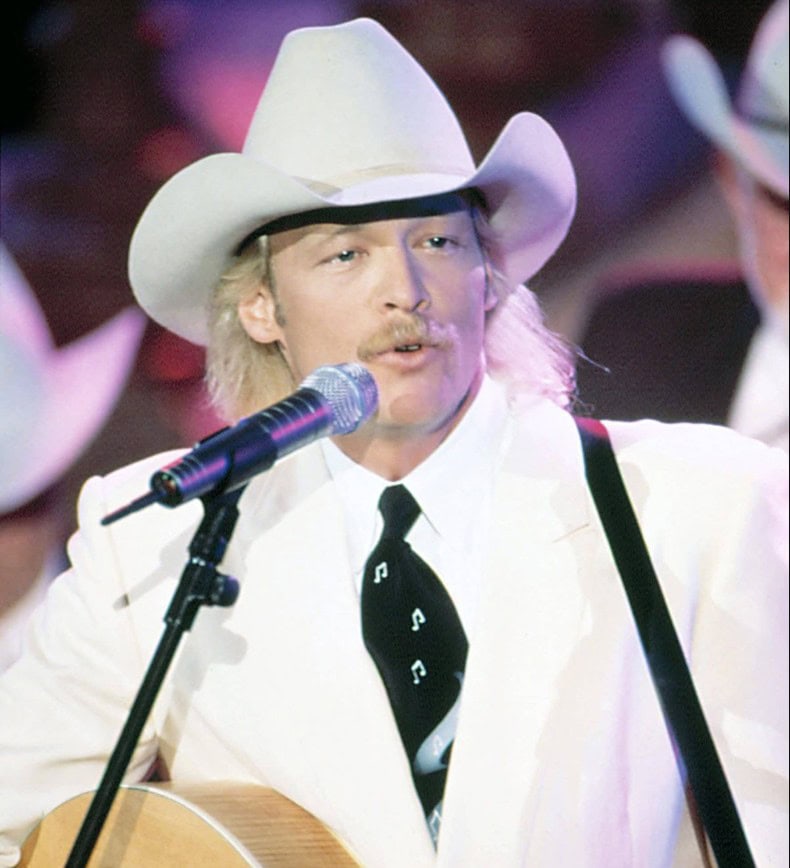
About the song
Alan Jackson’s “Don’t Rock the Jukebox” is more than just a catchy country tune—it’s a defining statement of traditionalism in a rapidly evolving musical landscape. Released in 1991 as the lead single from his album of the same name, the song encapsulates the spirit of neo-traditionalist country music, serving as both a personal declaration and a cultural commentary.
Lyrically, Jackson tells the story of a heartbroken man sitting in a bar, pleading with others not to play rock music on the jukebox because he needs something to ease his pain—specifically, country music. This simple narrative conveys a deep emotional authenticity, something country music has long prided itself on. His direct plea—“Don’t rock the jukebox, I want to hear some Jones”—is a clear homage to George Jones, a legendary figure in classic country. This nod reinforces the genre’s lineage and Jackson’s place within it.
Musically, the song is a perfect blend of honky-tonk piano, twangy guitar, and a rhythm that encourages toe-tapping. It’s upbeat and lively, yet grounded in a sense of sincere nostalgia. Jackson’s smooth, Southern-accented vocals deliver the lyrics with conviction, making the listener feel the weight of heartbreak and the comfort of familiarity through music.
What sets “Don’t Rock the Jukebox” apart is its cultural significance. At a time when country was increasingly influenced by pop and rock, Jackson stood firm in his roots. The song subtly challenges the mainstream, advocating for the preservation of classic country sounds. It’s a call to resist commercialization and stay true to the genre’s emotional and stylistic origins.
In conclusion, “Don’t Rock the Jukebox” is both a personal anthem and a broader cultural statement. It showcases Alan Jackson’s role as a guardian of traditional country music and remains an iconic song that resonates with fans who value authenticity, storytelling, and emotional depth in music.
